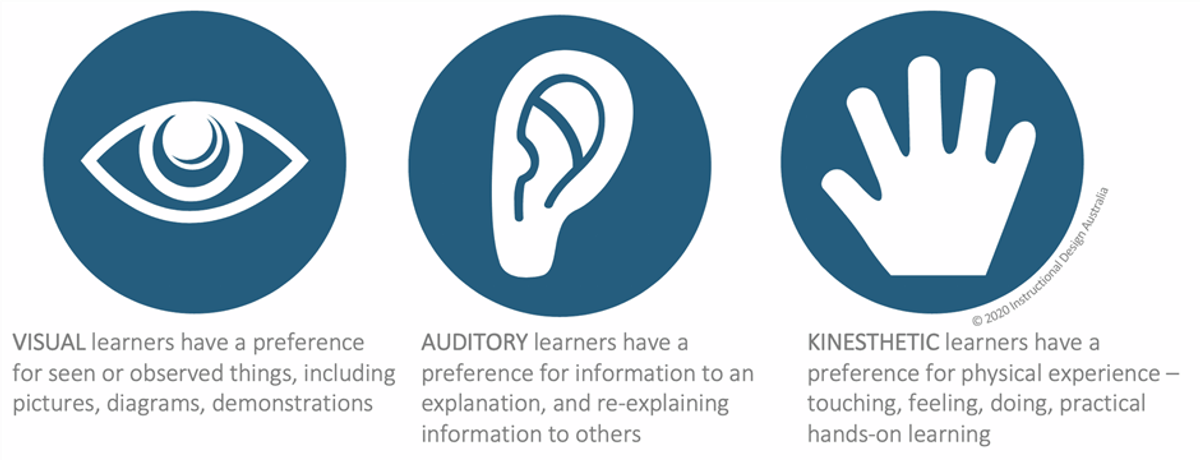Junior School

What a tremendous Junior School assembly took place this week. A true reflection of all things ‘student voice’.
Our Year 5 students commanded the moment with confidence, poise, enthusiasm and were championing each other along the way.
It is important that we do not discount the value of holding and participating within a school assembly.
Below are examples of the why! Why, we take time to hold an assembly.
- Community Building: Assemblies provide a platform for bringing the entire primary school community together, including students, teachers, staff, and sometimes parents. They foster a sense of belonging and unity within the school by creating a shared experience.
- Celebrating Achievements: Assemblies offer an opportunity to celebrate individual and collective achievements of students. Whether it's recognizing academic accomplishments, sporting achievements, artistic talents, or positive behaviour, assemblies allow for public acknowledgment and appreciation.
- Developing Confidence: Participating in assemblies helps students develop their confidence and self-esteem. Whether it's through performing in front of an audience, presenting a project, or sharing their thoughts and ideas, assemblies provide a supportive environment for students to showcase their skills and abilities.
- Sharing Information: Assemblies serve as a platform for sharing important information with the school community. This may include announcements, upcoming events, changes in school policies, or educational messages. Assemblies ensure that everyone receives the same information simultaneously, promoting transparency and effective communication.
- Promoting Values and Ethos: Assemblies often focus on promoting positive values, such as respect, kindness, empathy, and responsibility. Through storytelling, discussions, or presentations, assemblies help reinforce the school's ethos and encourage students to embrace these values in their daily lives.
- Encouraging Reflection and Learning: Assemblies often incorporate thought-provoking themes or topics that encourage students to reflect and learn. They may include educational presentations, guest speakers, or performances that expose students to new ideas, cultures, or concepts, fostering a broader perspective and expanding their knowledge.
- Building School Spirit: Assemblies contribute to building a strong school spirit and a sense of pride among students. Through chants, songs, or cheers, assemblies create a lively and enthusiastic atmosphere that fosters a positive school culture and encourages students to take pride in their school and its achievements.
- Enhancing Communication Skills: Attending and participating in assemblies helps students develop their communication skills. Whether it's listening to speakers, asking questions, or delivering presentations, assemblies provide valuable opportunities for students to improve their verbal and non-verbal communication abilities.
Overall, primary school assemblies are great because they promote community, celebrate achievements, develop confidence, share information, promote values, encourage reflection and learning, build school spirit, and enhance communication skills among students.
See you next time.
Shelly Parkes
Deputy Principal - Professional Culture & Junior School
This week during Education Week, our students have been excited to attend the Scholastic Bookfair and engage in discussions about choosing reading material that is exciting to them. We provide daily reading opportunities within the classroom setting and our students are developing the skills to apply learned reading strategies whilst independently reading.
Our Junior School teachers have been collaborating to forward plan for our Hands On Maths focus week that is coming up later this term. To combine the real world with maths curriculum is called “hands on" learning. When students are able to correlate new concepts from the curriculum with real-world concepts, their brains are stimulated. The knowledge acquired through this style of teaching is easier retained for long term memory. Hands on learning helps develop critical thinking and analytical skills which will continue to be beneficial throughout their life. Whilst our daily lessons integrate this style of learning and teaching, we plan for a dedicated week where students explore how mathematics concepts are plentiful in our daily lives, not just in a maths lesson.
We support our students in beginning to identify how they learn best and explore different learning styles, modelling how these can be demonstrated whilst engaging in the same learning task. We look forward to sharing the excitement and learning from our upcoming Hands On Maths Week.
Sarah Caffrey
Head of Curriculum-Junior School



